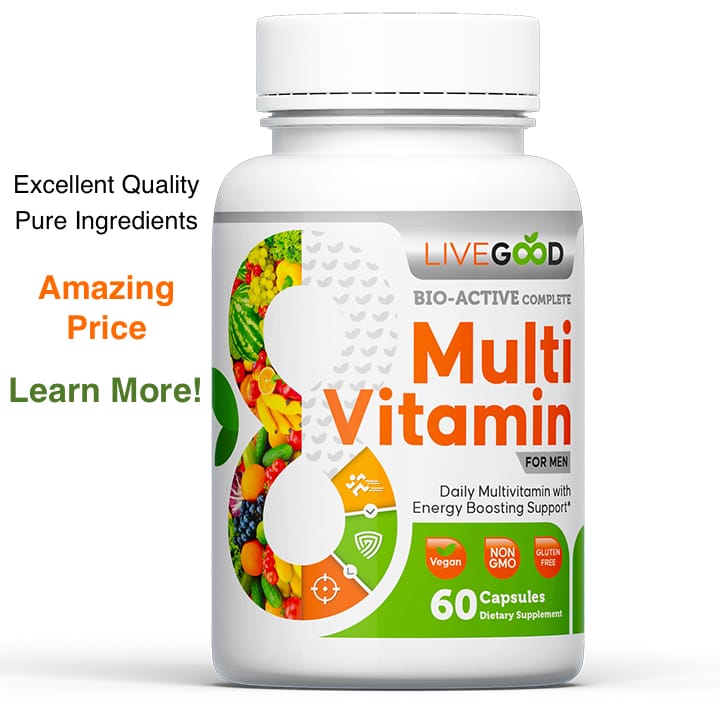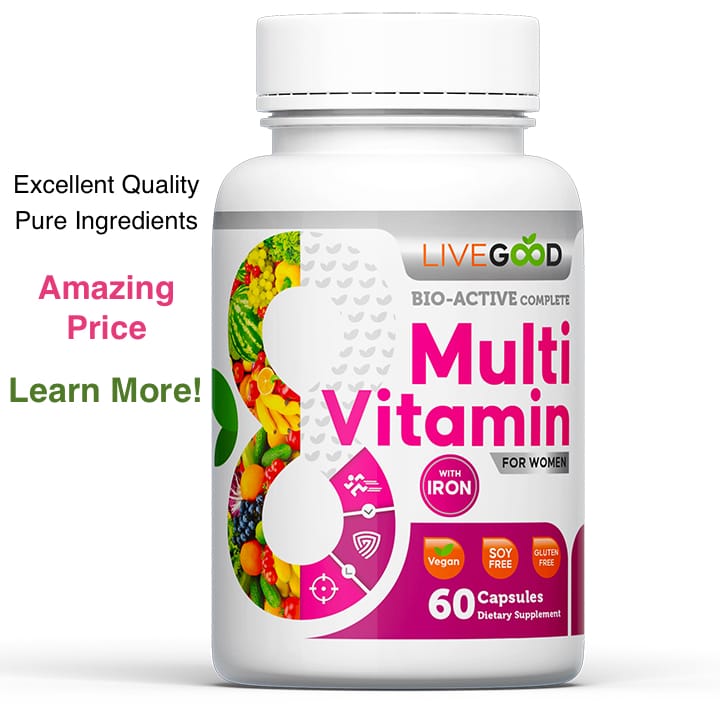To Medicate or Not to Medicate to Treat ADHD Symptoms
by Deborah Merlin
(Los Angeles)
Warning: Never discontinue taking stimulants or antidepressants without first consulting your health care professional. The withdrawal symptoms can be more severe than the adverse reactions to these medications; therefore, the process must be closely monitored by a mental health professional.
Pharmaceuticals do not cure ADD/ADHD. They may suppress some of the symptoms but as soon as the medication is stopped the symptoms ADHD symptoms return. A cardiologist told me that they are preparing themselves for an epidemic of premature heart disease since millions of children and adults are taking stimulants such as Adderall, Ritalin and Concerta (time-released Ritalin).
Facts about Ritalin and Other Medications Used to Treat ADD/ADHD
• The government estimates that 2.5 million American children and 1.5 million American adults take medication for ADHD.
• The side effects reported on Ritalin’s label include stomachaches, headaches, and hallucinations, but reports have suggested it also causes more severe reactions, such as liver problems and even death. The FDA’s advisory committee voted eight to seven in favor of putting a black box warning—the FDA’s most severe warning for side effects in drugs—on the box of Ritalin, but the FDA has not yet taken any action on the recommendation. This was after data revealed that ADHD drugs may have caused twenty-five deaths and fifty-four serious medical problems among patients between the years 1999 and 2003. Cited medical problems include: stroke, hypertension, palpitations, arrhythmia, and heart attacks.
• Between the years 1990 and 2000, more than 569 children were hospitalized—thirty-eight of them were life-threatening hospitalizations—and 186 died, all from using stimulants. Many of them died from cardiac arrest and strokes.
• All stimulants cause constriction of veins and arteries, causing the heart to work overtime, leading to damage to the heart.
• Victoria Vetter, a pediatric cardiologist at the University of Pennsylvania School of Medicine and the head of the heart group committee, recommends that children should have an EKG to rule out any undiagnosed heart issues before they are put on drugs. She said that after screening 1,100 children she found that fully 2 percent of them had some kind of heart problem.
• Schools receive additional money from the state and federal governments for every child labeled and drugged.
• Children twelve years and older who have been prescribed or are currently taking any stimulants or antidepressants are automatically rejected for military service.
• Amphetamines like Dexedrine and Adderall are toxic to the brain and can cause brain cell death. In several studies with lab animals, such as rhesus monkeys, small doses of amphetamines were administered over periods of days or weeks. The animals showed a lasting loss of receptors for the neurotransmitter dopamine.
• Ritalin is highly addictive. It’s a Schedule II category drug, along with morphine, cocaine, opium, and barbiturates. The common street names for Ritalin include rids, pineapple, and kiddie cocaine.
• No studies have been conducted on Ritalin for children under six years old.
• Strattera is the newest drug that Eli Lilly & Company is promoting for ADHD. It’s been dispensed to more than two million patients since it went on the market in 2002. Eli Lilly & Company was required to include a black box warning on the package stating the following:
In some children and teens, Strattera increases the risk of suicidal thoughts. A combined analysis of 12 studies of Strattera showed that in children and teens this risk was 0.4% for those taking Strattera compared to none for those taking a sugar pill. A similar analysis in adults treated with Strattera did not reveal an increased risk of suicidal thoughts. Call your doctor right away if your child has thoughts of suicide or sudden changes in mood or behavior, especially at the beginning of treatment or after a change in dose.
There are many causes of ADHD and the tests listed below are strongly recommended. If your health care professionals are not familiar with the tests listed below consider a naturopath doctor (ND). To locate a naturopath doctor in your area go to http://www.naturopathic.org.
Heavy metal toxicity can mimic ADHD symptoms and violent behavior. Anyone who exhibits neurological problems should be tested for lead, mercury and cadmium.
Food Allergy testing- does your child have frequent ear infections and take antibiotics? Suggestions- remove dairy from the diet and replace with rice milk or almond mild.
If your child has taken antibiotics consider doing a candida test to check for an overgrowth of yeast. Too much yeast can lead to brain fog and a digestive disorder.
Have an Amino acid panel to test for amino acid deficiency.
Have a thyroid test done to rule out a low thyroid. A low thyroid can make it challenging to pay attention.
Have a QEEG (To measure brain activity and to rule out brain seizures). Brain seizures are common among ADHD and autistic children. Stimulants can cause major adverse reactions with someone having brain seizure activity.
An EKG should be done to check for undiagnosed heart issues.
To learn more go to http://www.victoryoveradhd.com
References:
Breggin, Peter R., MD. 2001. Talking Back to Ritalin. Cambridge, MA: Da Capo Press.
CNN News. 2008. “Heart Screening Urged before Kids Get ADHD Drugs.” CNN.com. www.cnn.com/2008/HEALTH/conditions/04/21/adhd.drugs.heart.ap/index.html.
Eli Lilly and Company. 2008. “Important Safety Information on Strattera for Children Ages 6 and Older, Adolescents, and Adults.” Strattera.com. www.strattera.com/hcp/strattera_safety_information.jsp.
MediLexicon International Ltd. 2006. “ADHD Drugs Should Have Black Box Warning, Says FDA Advisory Panel.” Medical News TODAY. www.medicalnewstoday.com/articles/37584.php.
National Alliance against Mandated Mental Health Screening and Psychiatric Drugging of Children. Death from Ritalin: The Truth behind ADHD. www.Ritalindeath.com.
Comments for To Medicate or Not to Medicate to Treat ADHD Symptoms
|
||
|
||
|
Click here to add your own comments Join in and write your own page! It's easy to do. How? Simply click here to return to Article. |




